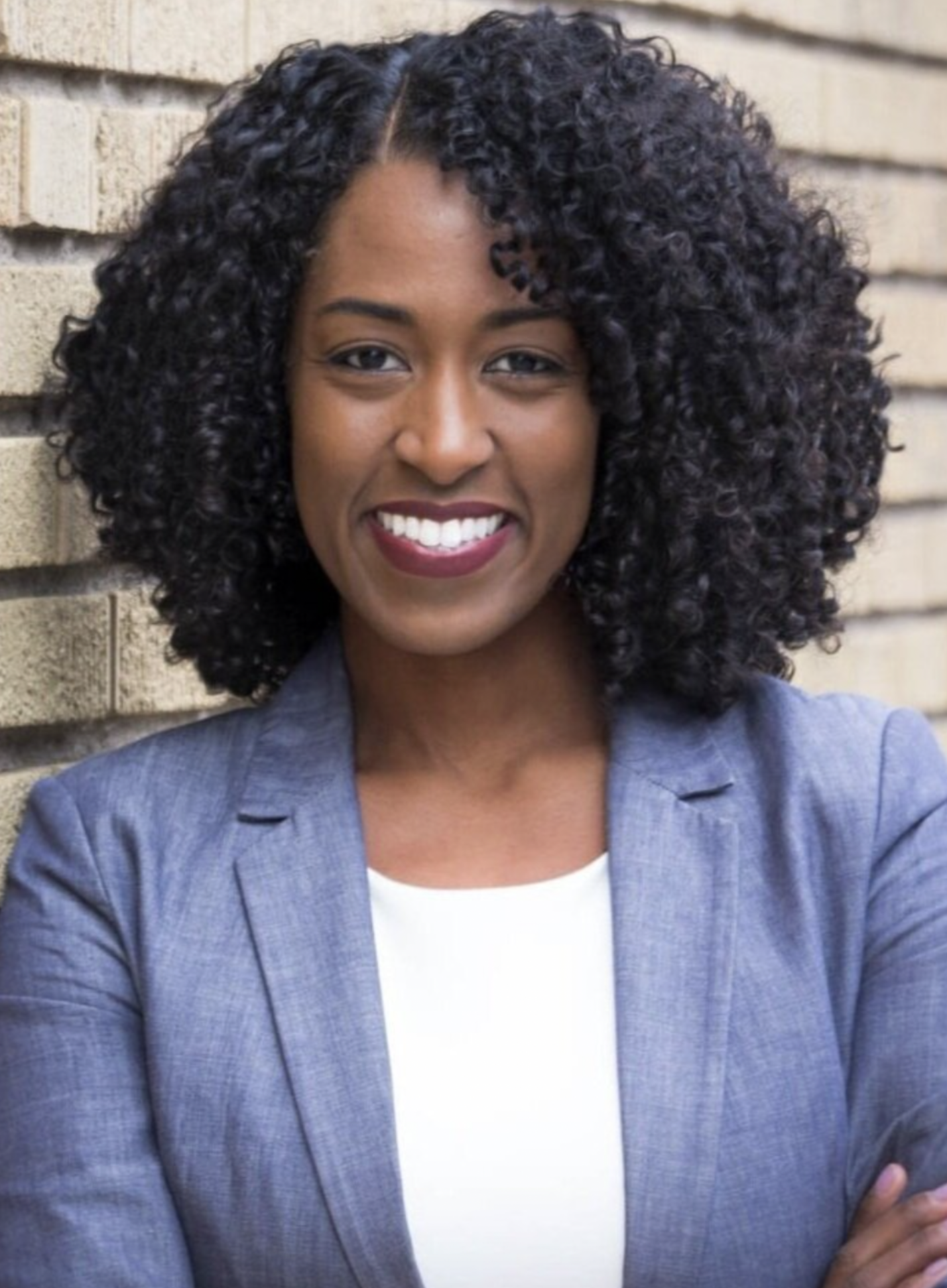How Daniel’s Law Can Save Lives in New York
As we open the doors on the 2025 legislative session in three weeks, the first bill we will re-introduce for consideration is Daniel’s Law– a comprehensive plan to improve the ways that communities respond to an individual in a mental health crisis.
The New York Office of Mental Health, under the leadership of OMH Commissioner Ann Sullivan, MD, led the Daniel’s Law Task Force this year, which held public meetings and stakeholder engagement sessions to study methods of introducing a crisis response model for New York. After considering the feedback of advocates, mental health practitioners, first responders, and everyday people, the Task Force has released a written report with its recommendations. We are encouraged by these guidelines, as they echo what we have pushed for over the past three years– a public health-based response for individuals experiencing a mental health or substance abuse crisis.
When Daniel Prude experienced a mental health crisis, he paid for it with his life. Fearing his safety, Daniel’s family contacted 911 when he needed help, not knowing that this moment would signal the start to his tragic end. At the scene, Rochester police officers were not able to recognize the signs of a mental health emergency– and that lack of understanding spelled the difference between life and death. Had an individual trained in mental health crisis response intervened, Daniel Prude might still be alive.
Police officers restrained Daniel, because that is what they are trained to do in uncontrolled situations– but their violent actions against a harmless man sparked nationwide outrage. Daniel Prude’s tragic death signaled to the city and state that we urgently needed a system in place to save individuals in crisis. No matter our varying political beliefs or inclinations, we all share the desire to feel safe, especially during our most vulnerable moments.
I heard the outrage and sensed the fear pulsing through my Rochester community. To help my community in crisis, and in my capacity as Chair of the Senate Mental Health Committee, I introduced Daniel’s Law– legislation that aims to center a trained, therapeutic, peer-led response to individuals experiencing mental health crises. As trained professionals, these peers would replace law enforcement as the first line of response for such cases.
Earlier this year, the Office of the New York State Comptroller announced that the mental health needs of New Yorkers has greatly increased. This May, the Department of Health and Mental Hygiene released its first ever report on the State of Mental Health of New Yorkers, citing that deep inequities persist in spite of overall improvement in post-pandemic mental health services. And in June, the nationwide advocacy group Inseparable released “A Better Response” calling on states to “diversify funding streams to provide greater sustainability” for improved crisis response teams. The need to provide critical services to our underserved community members is dire.
In our state, mental health needs are so widespread that nearly every person can think of someone they know, or know of, that is grappling with a mental health issue. The stories match the unfortunate statistic– more than 1 in 5 New Yorkers experience symptoms of a mental disorder. This statewide crisis is one of the reasons why Daniel’s Law passed through the Senate Mental Health Committee by a unanimous bipartisan vote. New Yorkers, throughout the state and in my community, have been suffering and asking for our help– and we must rise to the task before more lives are lost.
We commend the Daniel’s Law Task Force for reaffirming the purpose of this legislation, because we know there is a real, critical need for a better mental health crisis response that cannot be addressed without a comprehensive and standardized statewide reform. By centering peers who are trained to reduce harm, address complex needs, and keep our public safe, we can rebuild trust in our system and ensure the right person answers the call to a crisis. It is clear that the Task Force has carried out this work with integrity, and I am confident that our allies, advocates, and fellow policymakers can come together to address this looming crisis with Daniel’s Law.
One further point to mention is that the needs of various regions in our state are different– but we must move beyond introducing more pilot programs, because a statewide mental health reform is the only way to ensure equity in care and access for all New Yorkers. The Task Force report recognizes that every locality is different and recommends empowering local communities to develop a culturally competent crisis response that suits their unique needs. Daniel’s Law allows for these regional adaptations to equip every individual with a compassionate, therapeutic response for their mental health experiences.
The rate of mental health issues is increasing statewide, and our existing infrastructure and framework are not suited to handle the volume of cases that we already have. If we don’t pass Daniel’s Law, the cycle will perpetuate: first responders will arrive at the scene, mistake an individual in crisis as a threat, and move to address that threat with violence. Let’s make sure we are doing all we can to prevent crises from escalating and taking the lives of individuals who need a helping hand. The scale of our solution must match the extent of this crisis. Daniel’s Law, a peer-led approach to crisis intervention, has the power to meet individuals in distress with trauma-informed care– and we must see this happen on a statewide level.
Samra G. Brouk serves as Senator for New York’s 55th District.
The post The Answer to a Statewide Crisis is a Statewide Solution appeared first on EMPIRE REPORT NEW YORK 2025® NEW YORK’S 24/7 NEWS SITE.

